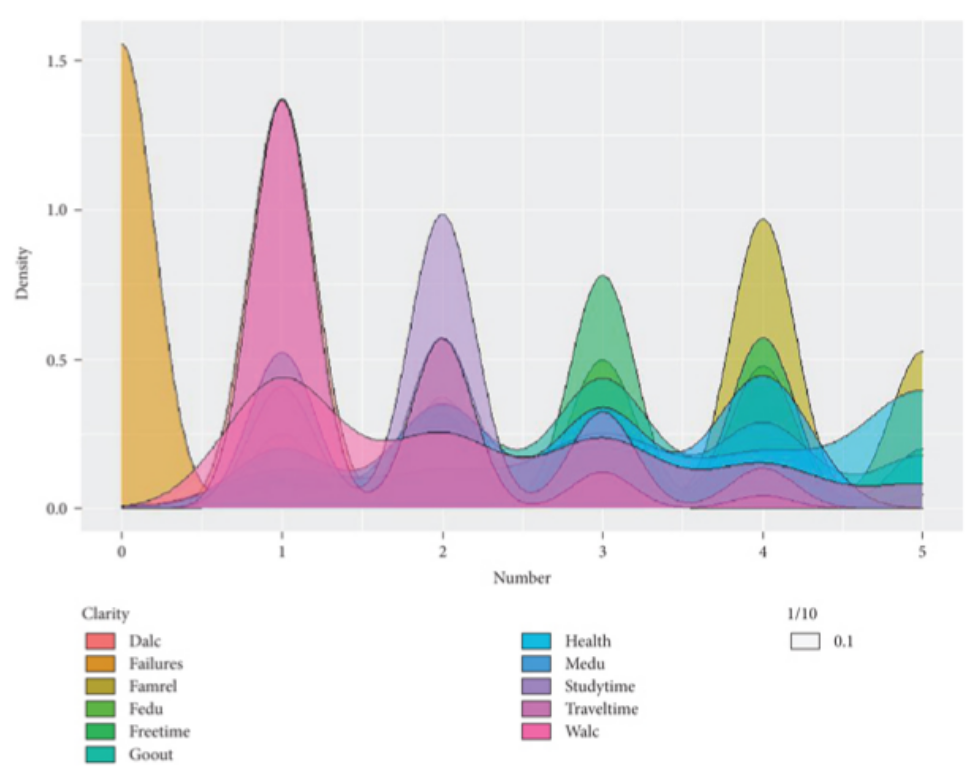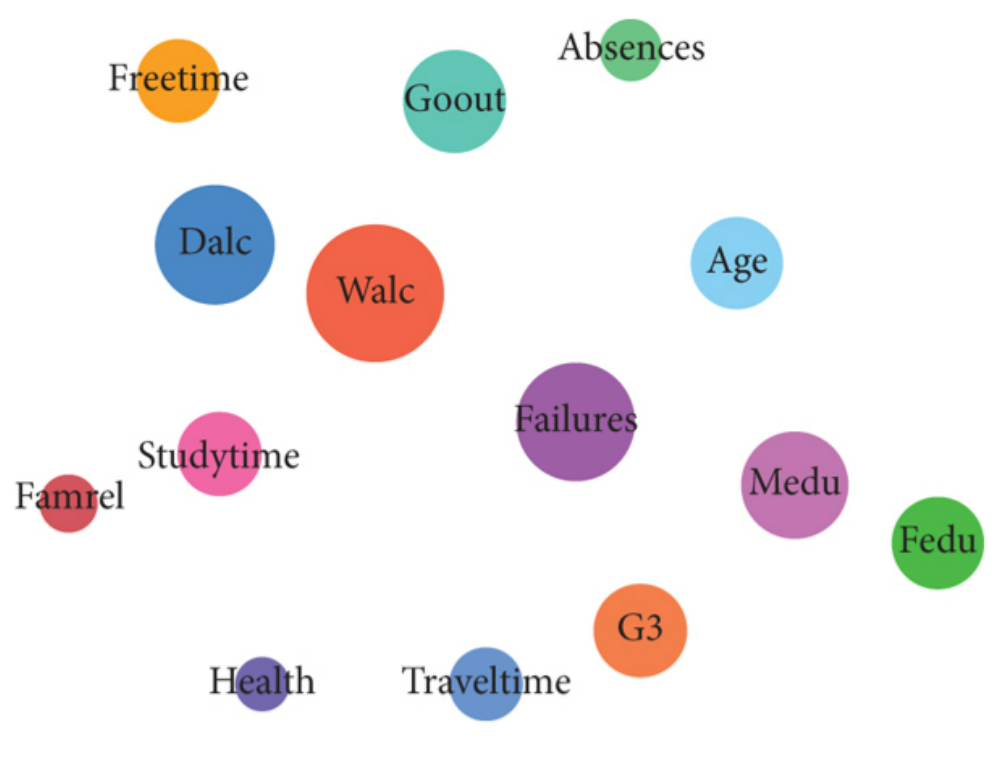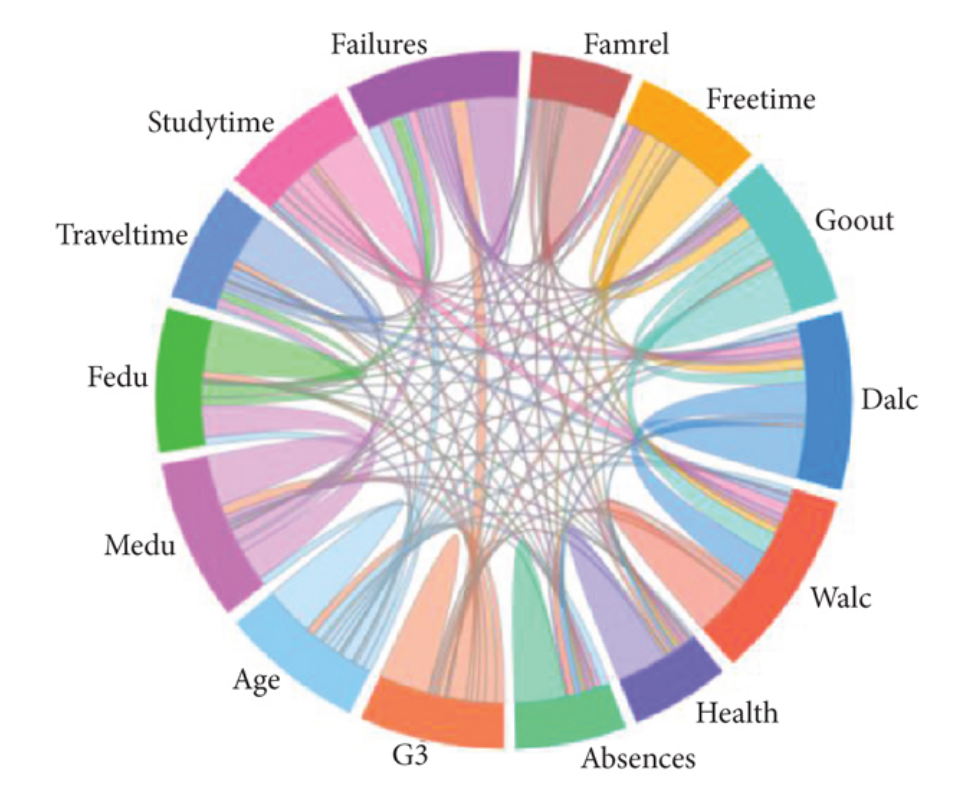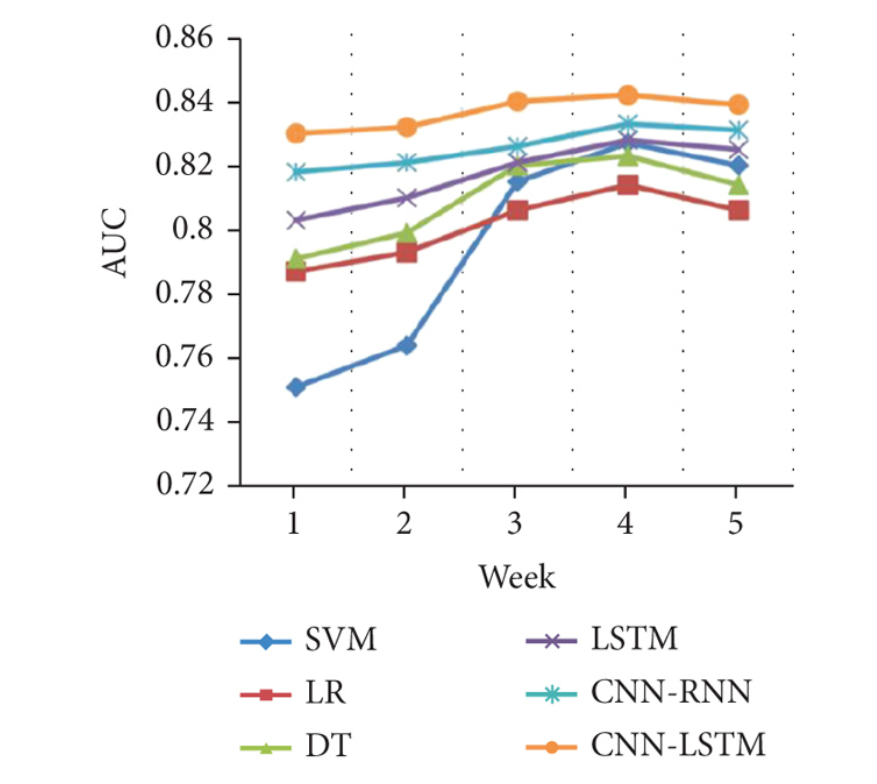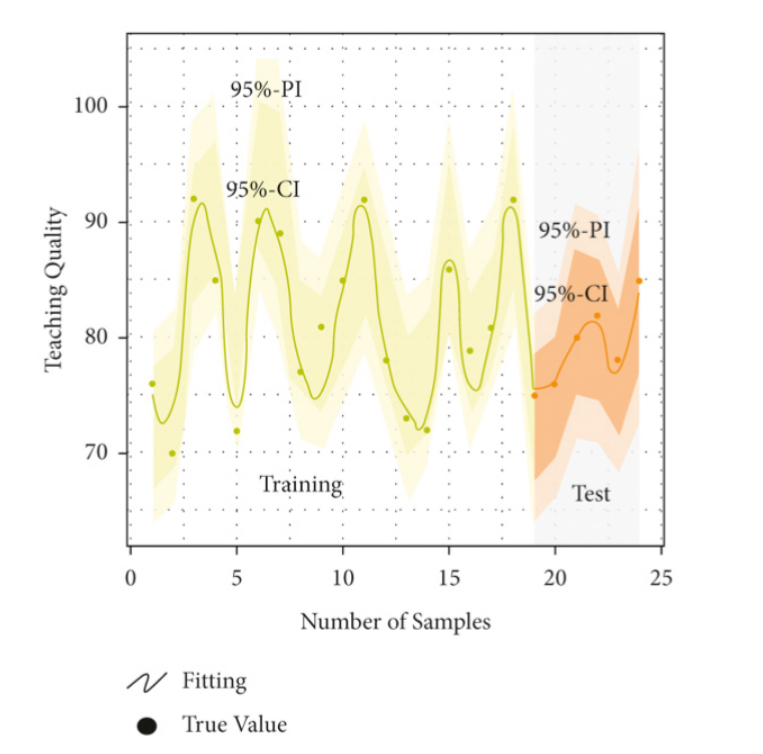 An open access journal
An open access journal
AI in Transportation: Revolutionizing Mobility and Logistics
Abstract
This paper delves into the transformative role of artificial intelligence (AI) in transportation, focusing on how AI technologies are revolutionizing mobility and logistics. Through an analysis of case studies and industry insights, the study investigates how AI-driven solutions such as autonomous vehicles, route optimization, and predictive maintenance are reshaping various aspects of transportation systems, including public transit, freight logistics, and urban mobility. It discusses the potential benefits of AI in improving safety, reducing congestion, and enhancing efficiency in transportation networks, while also addressing challenges related to regulatory frameworks, cybersecurity, and societal acceptance. Additionally, the paper examines the role of AI in enabling more sustainable and accessible transportation solutions, by providing real-time traffic management, personalized travel recommendations, and multimodal integration. Furthermore, it discusses the importance of collaboration between government agencies, technology providers, and transportation stakeholders, investment in AI infrastructure, and policy support in harnessing the full potential of AI in transportation. The findings underscore the transformative power of AI in creating more connected, efficient, and sustainable transportation systems to meet the evolving needs of society.
Share and Cite
Article Metrics
References
- Chien, S., & Lu, X. (2018). Artificial intelligence applications in transportation engineering. Transportation Research Part C: Emerging Technologies, 89, 384-401.
- Hoogendoorn, S. P., & Bovy, P. H. (2004). State-of-the-art of vehicular traffic flow modeling. Proceedings of the IEEE, 92(12), 216-227.
- Kavadias, S., Ladas, A., & Loch, C. H. (2016). The transformative business model. Harvard Business Review, 94(10), 94-100.
- Levinson, D., & Krizek, K. J. (2017). Planning for Place and Plexus: Metropolitan Land Use and Transport. Routledge.
- Mahmoud, M. S., & El-Bendary, N. (2019). Artificial intelligence applications in the field of transportation systems: A comprehensive review. Expert Systems with Applications, 115, 398-420.
- Santi, P., Resta, G., Szell, M., Sobolevsky, S., Strogatz, S. H., & Ratti, C. (2014). Quantifying the benefits of vehicle pooling with shareability networks. Proceedings of the National Academy of Sciences, 111(37), 13290-13294.
- Zheng, Y., & Li, Q. (2018). Urban computing: Concepts, methodologies, and applications. ACM Transactions on Intelligent Systems and Technology (TIST), 9(3), 1-23.
- World Economic Forum. (2017). Shaping the Future of Mobility: The Global Mobility Report 2017.

